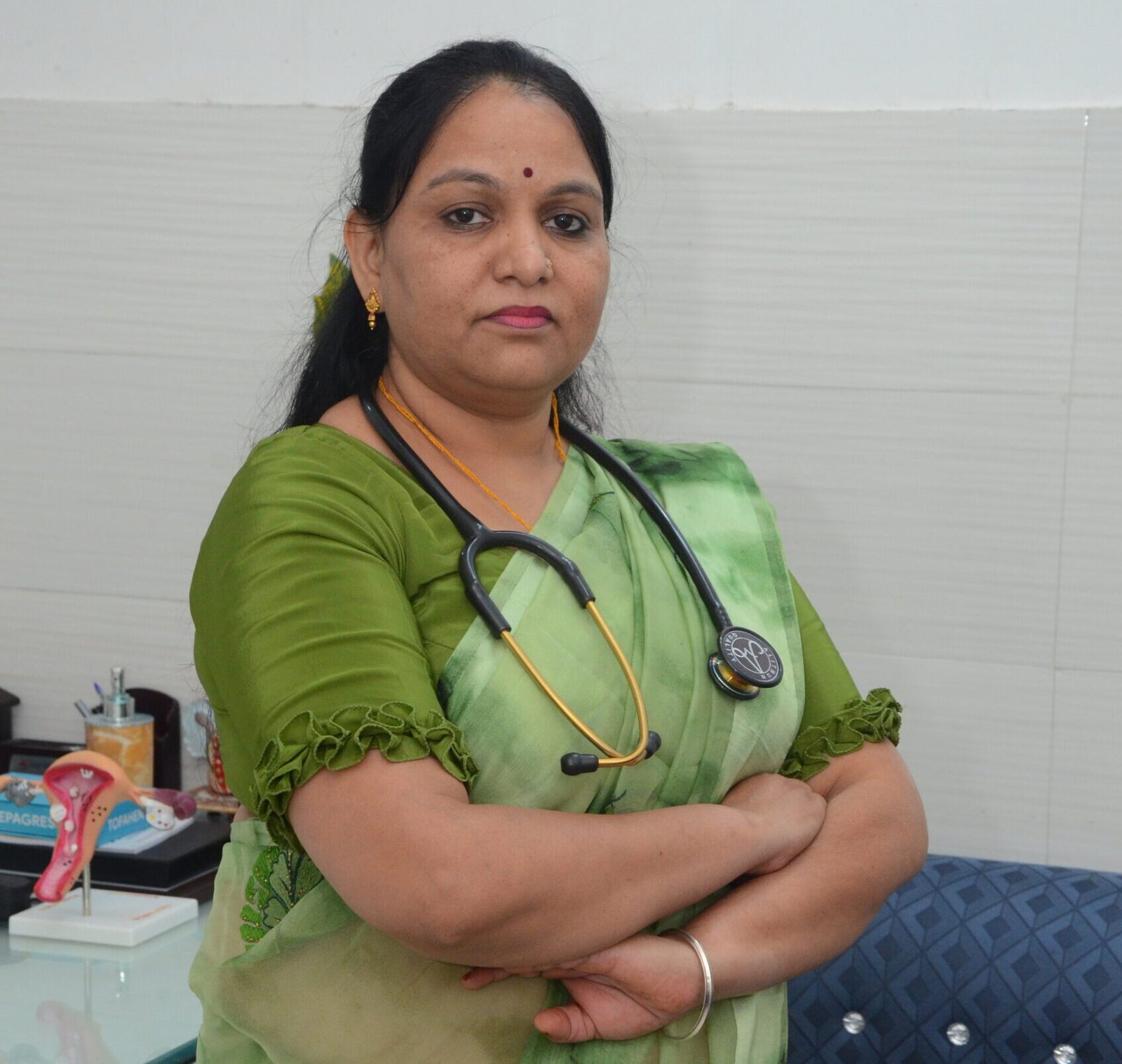Endometriosis is a chronic and often painful condition affecting millions of women worldwide. Despite its prevalence, it remains frequently misunderstood and misdiagnosed. At Vatsalya Hospital, our team of experienced gynecologists is dedicated to increasing awareness about endometriosis, providing accurate diagnoses, and offering effective treatment options to help women manage this condition and improve their quality of life.
What is Endometriosis?
Endometriosis occurs when the tissue that normally lines the inside of the uterus (the endometrium) begins to grow outside the uterus. These growths, called endometrial implants, can occur on the ovaries, fallopian tubes, the outer surface of the uterus, and other organs within the pelvis. Like the endometrial tissue inside the uterus, these implants respond to hormonal changes, thickening, breaking down, and bleeding with each menstrual cycle. However, because this tissue has no way to exit the body, it becomes trapped, leading to inflammation, pain, and the formation of scar tissue.
Common Symptoms of Endometriosis
The symptoms of endometriosis can vary widely among women, with some experiencing mild discomfort and others enduring severe pain. Common symptoms include:
Pelvic Pain
Often associated with menstrual periods, but can also occur between cycles. This pain may be chronic and debilitating.
Heavy Menstrual Bleeding
Including longer or more intense periods and bleeding between periods.
Pain During Intercourse
Painful sex is a common symptom that can affect intimate relationships and overall quality of life.
Pain with Bowel Movements or Urination
Typically occurs during menstrual periods.
Infertility
Endometriosis can be a contributing factor to difficulty conceiving.
Other Symptoms
Including fatigue, diarrhea, constipation, bloating, and nausea, especially during menstrual periods.
Diagnosis of Endometriosis
Diagnosing endometriosis can be challenging because its symptoms often overlap with other conditions, such as ovarian cysts and irritable bowel syndrome (IBS). At Vatsalya Hospital, we use a combination of patient history, physical examinations, and advanced diagnostic techniques to accurately diagnose endometriosis:
Treatment Options for Endometriosis
Treatment for endometriosis aims to relieve pain, manage symptoms, and address fertility issues. The best approach depends on the severity of the condition, the patient’s symptoms, and their reproductive plans. At Vatsalya Hospital, we offer a range of treatment options, including:
Medications:
- Pain Relief: Nonsteroidal anti-inflammatory drugs (NSAIDs) can help reduce pain and inflammation.
- Hormonal Therapy: Birth control pills, gonadotropin-releasing hormone (GnRH) agonists, and progestin therapy can help regulate or eliminate menstrual periods, reducing or eliminating pain.
Patient Stories and Support at Vatsalya Hospital
Understanding and managing endometriosis is a journey, and at Vatsalya Hospital, we are here to support our patients every step of the way. Through patient testimonials and stories, we aim to provide hope and encouragement to those affected by this condition. Our multidisciplinary approach ensures that each patient receives personalized care tailored to their unique needs.
Conclusion
Endometriosis is a complex condition, but with the right care and treatment, women can manage their symptoms and lead fulfilling lives. At Vatsalya Hospital, we are dedicated to providing comprehensive care and support for women with endometriosis. If you or someone you know is experiencing symptoms of endometriosis, we encourage you to schedule a consultation with our experienced gynecologists. Together, we can work towards finding the best treatment plan for you.



